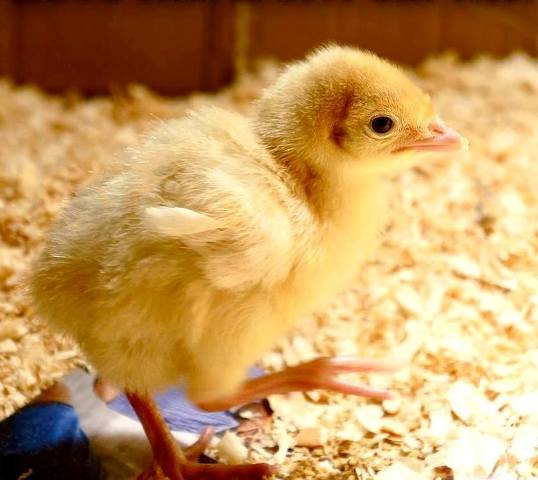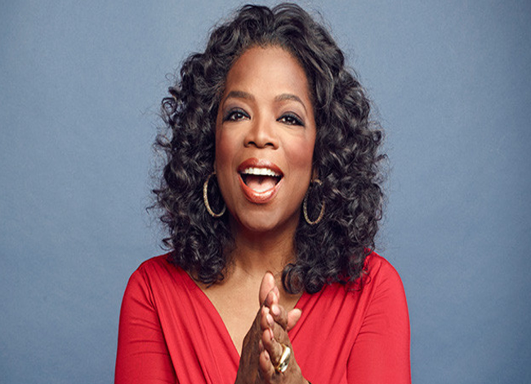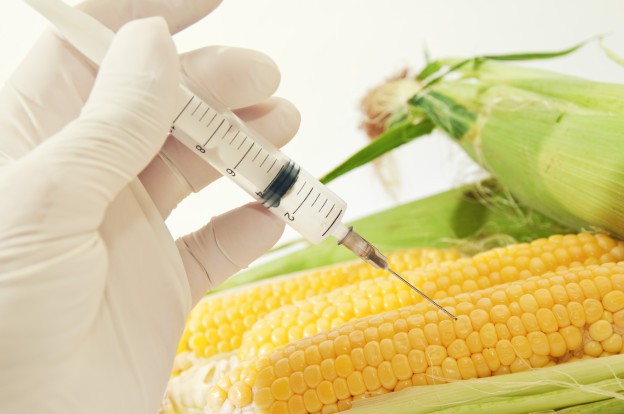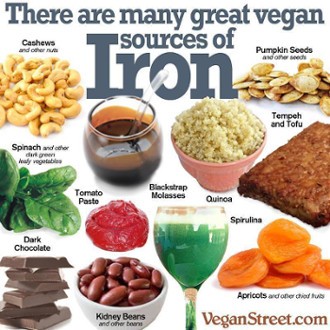Many people refuse to go vegan because they believe they would have to make too many compromises regarding their diet habits. However, many of them later turn vegan because they have been confronted with the way animals are treated by factory farmers. This makes them really change their mind because they don’t want to be held responsible for that cruelty. Very sadly, the fierce competition going along with the pressure of offering the cheapest products possible has brought many factory farmers to treat animals with unprecedented cruelty. Unfortunately, the anti-cruelty laws are not applicalbe to farmed animals. Otherwise those farmers would have been charged with a crime. Farmed animals serve only a single purpose: Be born as soon as possible to be killed as soon as profitable. The American Society For The Prevention Of Cruelty To Animals has written a very interesting article of the real meaning of factory farming.
“A factory farm is a large, industrial operation that raises large numbers of animals for food. Over 99% of farm animals in the U.S. are raised in factory farms, which focus on profit and efficiency at the expense of the animals’ welfare.
Factory farms pack animals into spaces so tight that most can barely move. Many have no access to the outdoors, spending their lives on open warehouse floors, or housed in cages or pens. Without the room to engage in natural behaviors, confined animals experience severe physical and mental distress.
Daily life in a factory farm is one of pain, frustration and misery—and animals are not the only ones suffering. Human health and our environment are being hurt by factory farming, too.
Farms that are not properly maintained can be breeding grounds for salmonella and E. coli, which are passed to humans through meat, dairy and eggs. To combat these unsanitary conditions, animals are fed large doses of antibiotics—but bacteria is constantly adapting and evolving. Antibiotic abuse creates the potential for dangerous, new drug-resistant strains of bacteria to develop and spread among people.
Waste runoff from factory farms pollutes the water, land and air in neighboring communities, compromising both human health and quality of life. At the same time, these businesses consume massive quantities of precious, finite resources including water and fossil fuels.
This corporatized, industrialized form of agriculture has largely wiped out America’s independent family farms—with catastrophic consequences for animals and people alike. While we fight for stronger laws, we can make a difference today through more humane farming, welfare-conscious shopping and reduced consumption of animal products.
While most Americans expect our laws to protect farm animals, the reality falls far short. Animals raised for food are among the least-protected class of animals in our nation.
Federal Laws
The U.S. has no federal laws protecting farm animals while they’re actually on the farms where they are raised. Two federal laws cover farm animals during transport and slaughter, but tragically, all poultry species are excluded, making these protections inapplicable to 95% of land animals killed for food.
- Transport: The 28-Hour Law requires that animals transported across state lines for slaughter— by means other than water or air—be unloaded every 28 hours for rest, food and water. In addition to excluding poultry, this law is riddled with loopholes.
- Slaughter: The Humane Methods of Livestock Slaughter Act requires that livestock be quickly rendered insensible to pain before being slaughtered. In addition to excluding poultry, the law exempts certain forms of religious slaughter such as Kosher and Halal.
Because federal law fails to protect most farm animals, state laws are these animals’ last defense.“
To read the rest of the article, check it out on the original source over at ASPCA.
Recommended article: Complete Guide to the Best Animals for Small Farm and Homestead








Davinder Sandhu
Jackie Newman
Jackie Newman
Hanni Hànni Rose Howe